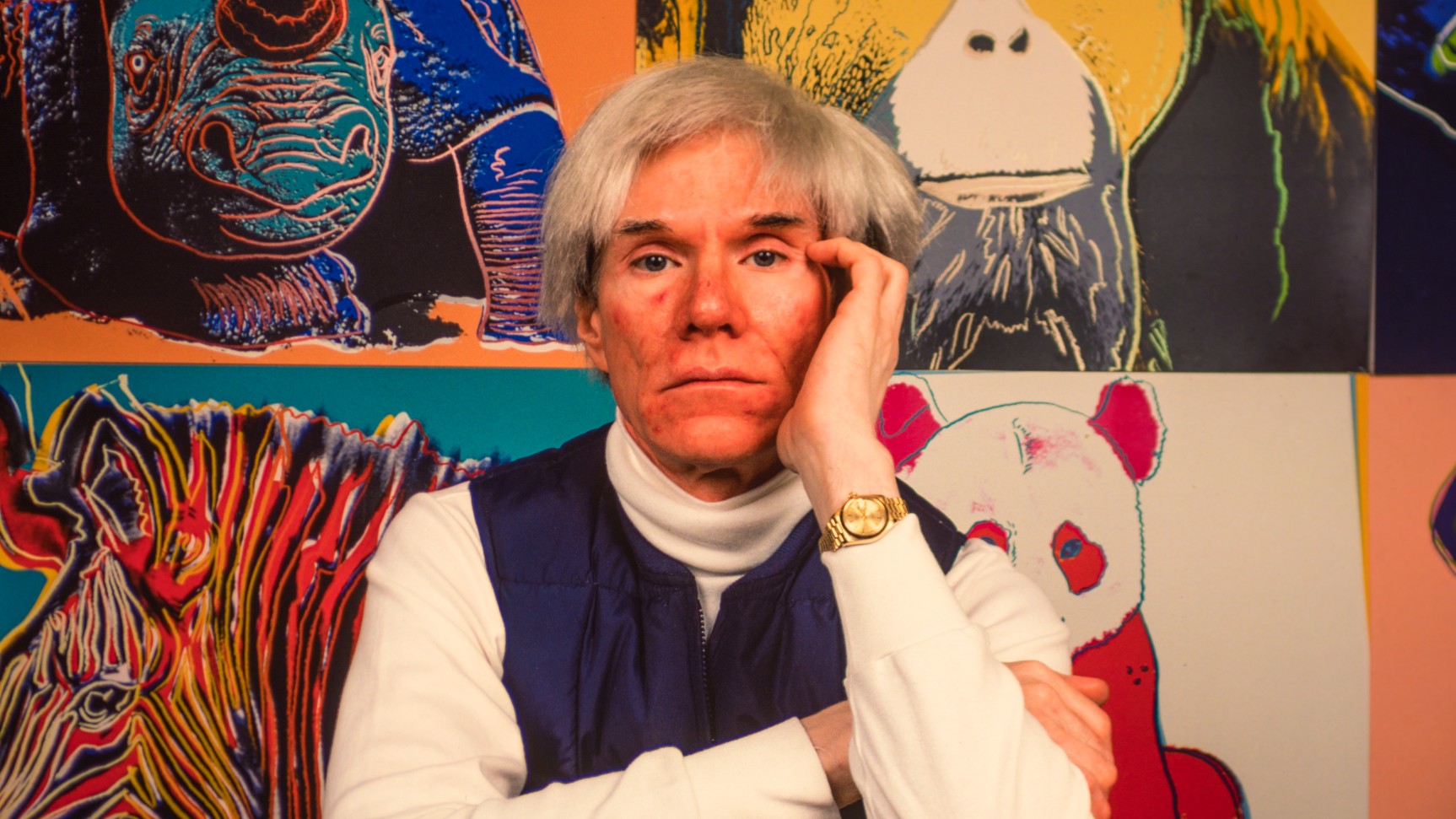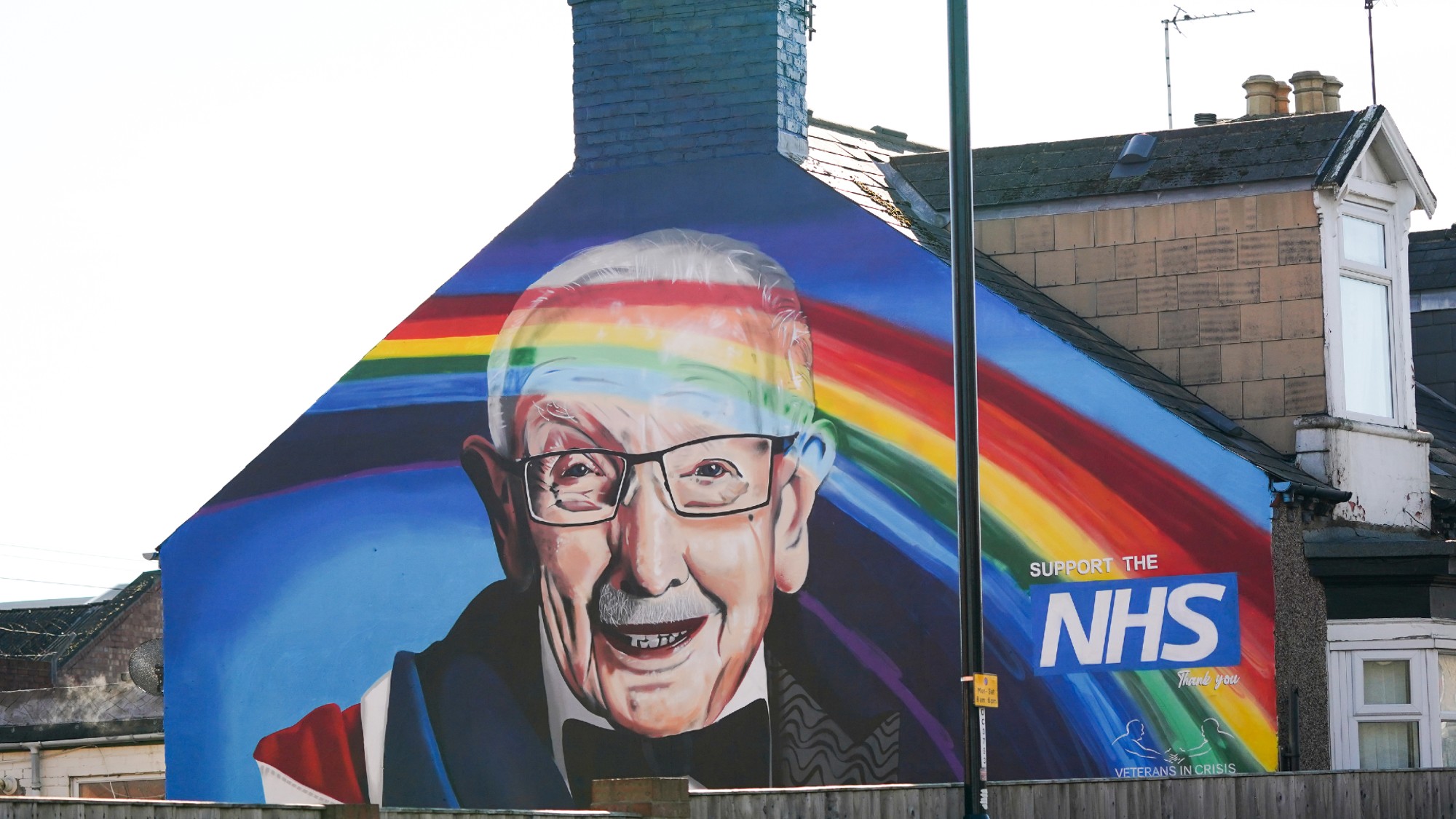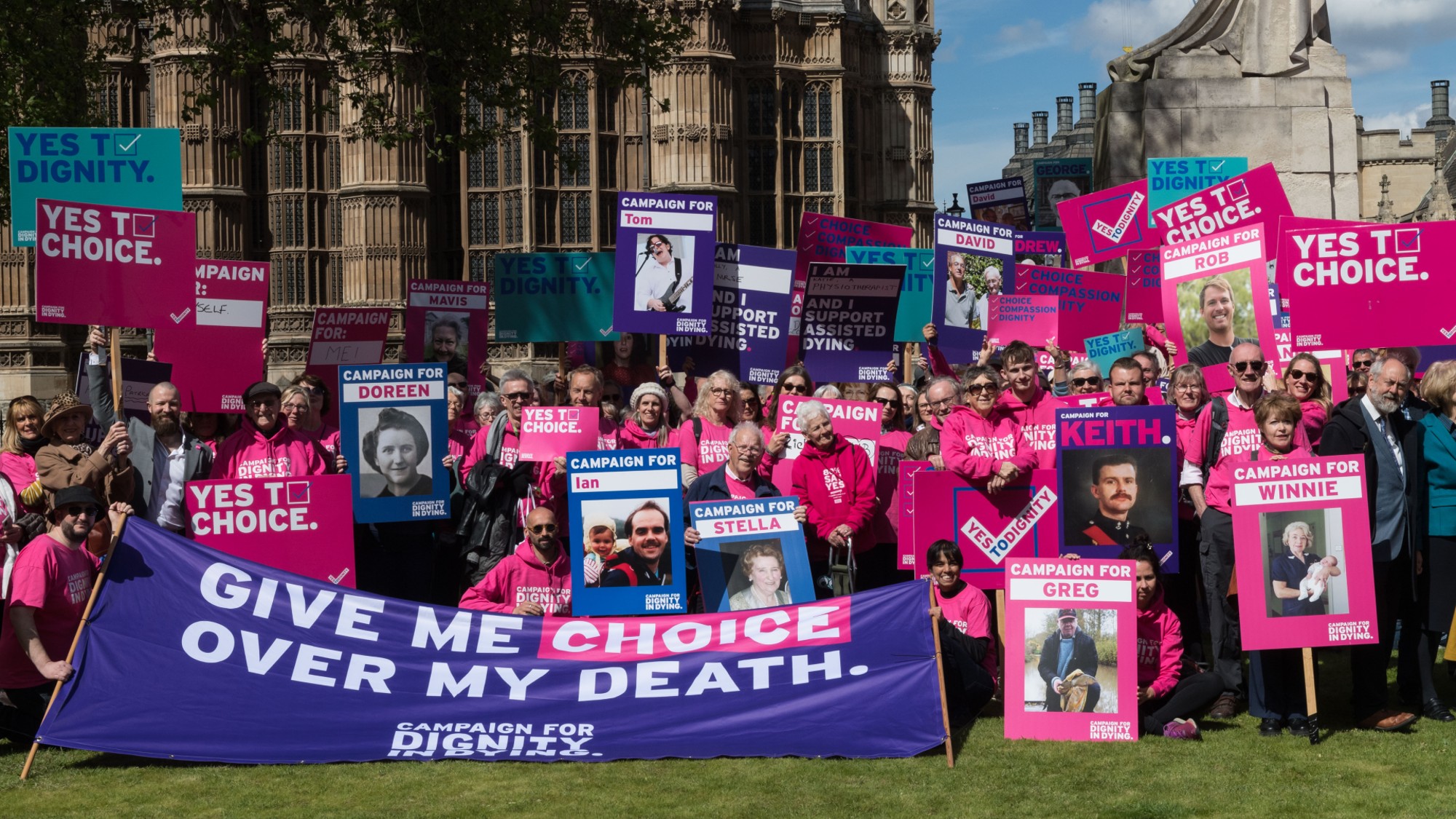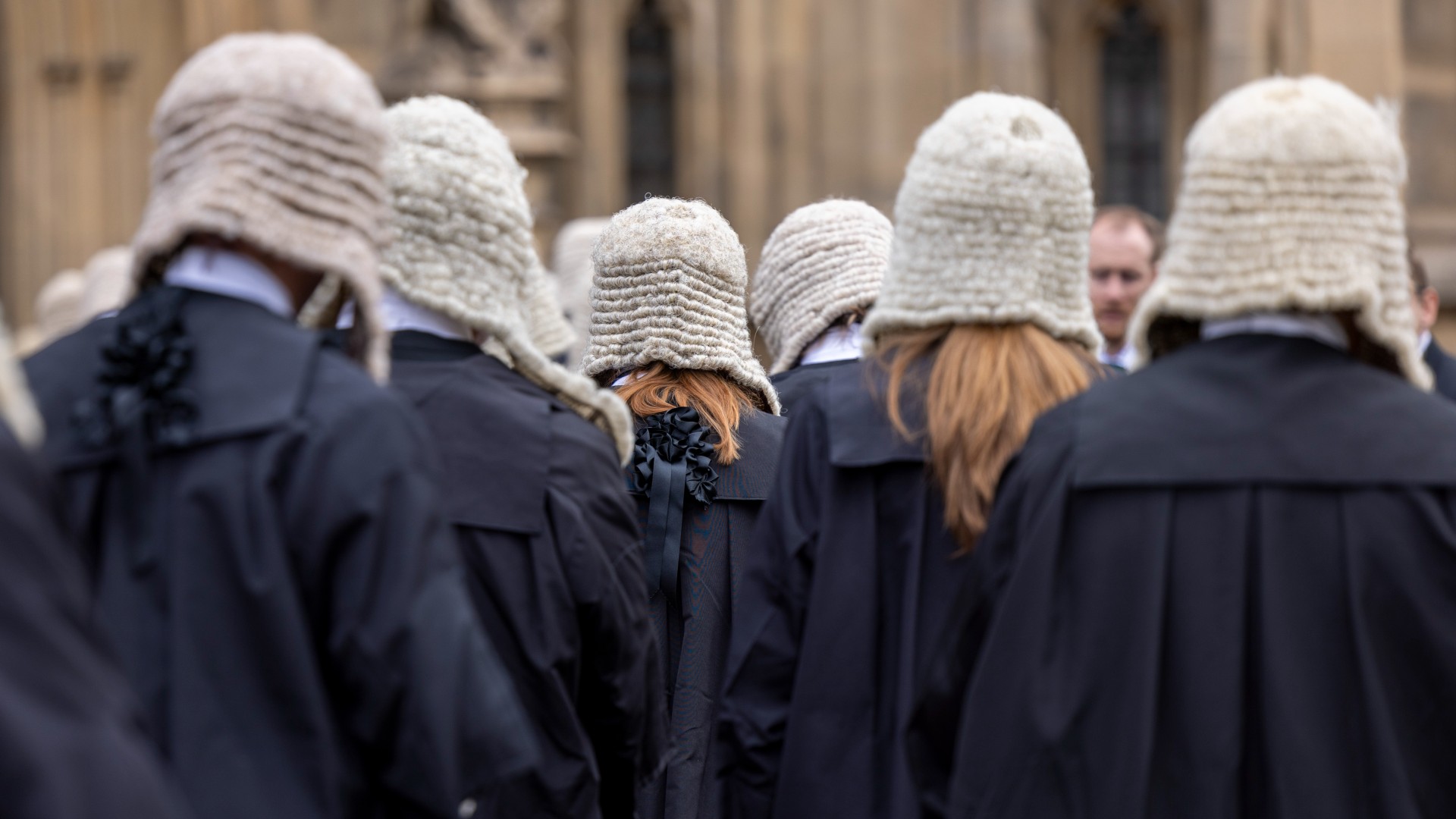Andy Warhol, Prince and a question of copyright
Supreme Court ruling that sent shockwaves through art world could have huge implications for AI image generation

A free daily email with the biggest news stories of the day – and the best features from TheWeek.com
You are now subscribed
Your newsletter sign-up was successful
A US Supreme Court copyright ruling that Andy Warhol did not have the right to use a photo of Prince has sent shockwaves through the art world, and left legal experts scrambling to asses the implications for AI image generation.
The case has its roots back in 1984, when Vanity Fair licensed Lynn Goldsmith’s 1981 photograph of iconic music star Prince. She was credited and paid $400 for a one-time licence of her image, which Warhol then used as the basis for a silkscreen the magazine published. He went on to create 15 variations of the same image using different colours, which passed to the Andy Warhol Foundation for the Visual Arts (AWF) after his death in 1987.
After Prince died in 2016, Vanity Fair’s parent company Condé Nast paid the foundation $10,000 to use one of the series, “Orange Prince”, for its commemorative cover. Crucially it did not involve, compensate or credit Goldsmith. Pre-empting legal action, the AWF sought a declaratory judgment that the image was “fair use” and did not constitute infringement and the case has been making its way through the courts ever since, finally arriving at the Supreme Court last year.
The Week
Escape your echo chamber. Get the facts behind the news, plus analysis from multiple perspectives.

Sign up for The Week's Free Newsletters
From our morning news briefing to a weekly Good News Newsletter, get the best of The Week delivered directly to your inbox.
From our morning news briefing to a weekly Good News Newsletter, get the best of The Week delivered directly to your inbox.
“Fair use” provides for the unlicensed use of copyrighted material under certain conditions. In this instance the case came down to whether Warhol’s changes to the source photo were sufficiently “transformative”, determined to mean that it “adds something new, with a further purpose or different character, altering the first with new expression, meaning, or message”.
‘Clear-cut win for copyright owners’
“The decision at first blush seemed to be a clear-cut win for copyright owners and artists who create original works,” said Variety. But a deeper look at the court’s 39-page decision, written “with verve” by Justice Sonia Sotomayor, “is already proving divisive among experts on intellectual property rights”.
This division was evident within the court itself, with differing opinions from two liberal justices who are often allies delivered in an “unusually sharp tone”, said The New York Times.
In her majority opinion Sotomayor said the photographer’s “original works, like those of other photographers, are entitled to copyright protection, even against famous artists”.
A free daily email with the biggest news stories of the day – and the best features from TheWeek.com
But Justice Elena Kagan, joined by Chief Justice John Roberts, wrote that the decision “will stifle creativity of every sort”.
“It will impede new art and music and literature,” she wrote. “It will thwart the expression of new ideas and the attainment of new knowledge. It will make our world poorer.”
‘Sure to have implications for AI-art’
CNN said the opinion has been “closely anticipated by the global art world watching to see how the court would balance an artist’s freedom to borrow from existing works and the restrictions of copyright law”.
It may have ruled against the artist, but it was the Warhol Foundation’s failure to pay Goldsmith a licensing fee in 2016 that was the primary issue.
“It looked like the court had sidestepped the larger issue of whether Warhol should have used her image at all,” said critic and Warhol biographer Blake Gopnik in The New York Times. “At the very least” it means the ruling “won’t send museums rushing to consign the appropriations they own to the dark depths of the vaults, as a more sweeping ruling against Warhol might have done”.
Yet it is likely to have far greater “implications for fair use and could influence future cases on what constitutes as transformative work”, said technology news site Engadget. “Especially now that we’re living in the era of content creators who could be taking inspiration from existing music and art.”
While referencing images made four decades ago, Variety said the case “has been closely watched in part because it’s sure to have implications for the tidal wave of AI-generated art and literary works that are to emerge, and the still-larger wave of litigation likely to follow”.
In the wake of the ruling, and with lawsuits already pending from Getty Images against AI tech firms accused of harvesting millions of online copyright images, Georgetown Law professor Madhavi Sunder told the magazine: “The challenge for copyright in the commercial realm is to train the machine to create works that are different enough so that they don’t infringe on underlying copyrights.”
-
 Political cartoons for February 13
Political cartoons for February 13Cartoons Friday's political cartoons include rank hypocrisy, name-dropping Trump, and EPA repeals
-
 Palantir's growing influence in the British state
Palantir's growing influence in the British stateThe Explainer Despite winning a £240m MoD contract, the tech company’s links to Peter Mandelson and the UK’s over-reliance on US tech have caused widespread concern
-
 Quiz of The Week: 7 – 13 February
Quiz of The Week: 7 – 13 FebruaryQuiz Have you been paying attention to The Week’s news?
-
 Captain Tom: a tarnished legacy
Captain Tom: a tarnished legacyTalking Point Misuse of foundation funds threatens to make the Moore family a disgrace
-
 Assisted dying: will the law change?
Assisted dying: will the law change?Talking Point Historic legislation likely to pass but critics warn it must include safeguards against abuse
-
 Smoking ban: the return of the nanny state?
Smoking ban: the return of the nanny state?Talking Point Starmer's plan to revive Sunak-era war on tobacco has struck an unsettling chord even with some non-smokers
-
 The EU's landmark AI Act 'rushed' out as countdown begins on compliance
The EU's landmark AI Act 'rushed' out as countdown begins on complianceThe Explainer 'We will be hiring lawyers while the rest of the world is hiring coders' – Europe's warning about new AI legislation
-
 When does adulthood begin?
When does adulthood begin?Talking Point From 16-year-old voters to lifetime bans on smoking, young people are living through a transition in views on political, social and emotional maturity
-
 Judges allowed to use ChatGPT to write legal rulings
Judges allowed to use ChatGPT to write legal rulingsSpeed Read New guidance says AI useful for summarising text but must not be used to conduct research or legal analysis
-
 Abortion law reform: a question of safety?
Abortion law reform: a question of safety?Talking Point Jailing of woman who took abortion pills after legal limit leads to calls to scrap ‘archaic’ 1861 legislation
-
 Disaster trolls and conspiracy theories: is legislation the answer?
Disaster trolls and conspiracy theories: is legislation the answer?Talking Point Two Manchester Arena bombing victims are taking landmark legal action against conspiracy theorist Richard D. Hall